May 1, 2020
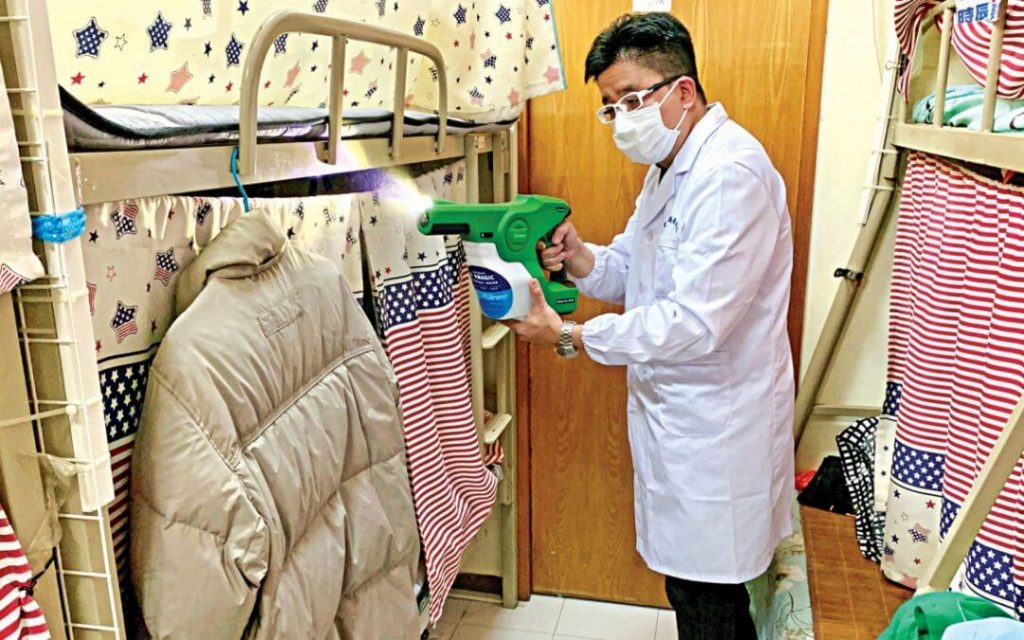
More information about remdesivir, a possible COVID-19 treatment that we have covered in the past, has surfaced this past week. The drug will most likely “become the ‘standard of care’ for all infected patients,” but it will not prevent death nor will it be “widely accessible to the public.” Despite these downfalls, the research has provided health care professionals with hope “that a drug can indeed have an impact on COVID-19.”

Researchers believe that they have “developed an antiviral coating which could provide 90 days of ‘significant’ protection against bacteria and viruses such as the one causing COVID-19.” The coating has been tested and developed over the past ten years and will be available in stores across Honk Kong next month.

Land Dispute: The head of Sudan’s Sovereign Council acknowledged for the first time that Ethiopian forces are in control of Sudanese territory on the border between the two countries. The agricultural lands that separate Sudan from Ethiopia have been disputed for many years, and Sudanese troops were deployed to defend it earlier this year.
Human Rights: The Sudanese government has decided to criminalize female genital mutilation, a medical practice that has affected 65% of all Sudanese women in 2018. In the past, Sudan has been considered “one of the worst countries for women’s rights.” The Sudanese Ministry of Foreign Affairs has asked that all community groups and civil society organizations add to the effort to put an end to female genital mutilation after a “special article” is “added to the country’s criminal law.”

As rumors of leader Kim Jong-Un’s health have disseminated throughout the world, South Korea released a statement saying that he is “alive and well.” The rumors began to appear after Kim Jong-Un did not attend a celebration for his great-grandfather’s birthday on April 15th; it was said that “he may have died” or that he was “in a vegetative state following cardiovascular surgery earlier this month.”

Both western and southern Syria were targeted by “alleged” Israeli airstrikes on Thursday night and Friday. Syrian media outlets have stated that “the targets belonged to Hezbollah.” Several civilians were injured near a military site; ten people are currently being treated in hospitals.
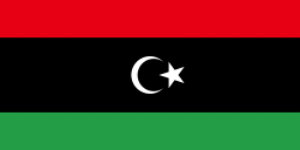
Power Shift: Khalifa Haftar, the eastern-based military leader, has stated that “his Libyan National Army (LNA) was accepting a ‘popular mandate’ to rule the country.” He has yet to specify what exact changes will come with this shift of power, but his statement directly brushed “aside the civilian authorities that nominally govern eastern Libya.”
Ceasefire: On Thursday, Khalifa Haftar announced that “his forces will cease hostilities during… Ramadan.” However, shortly after the announcement was made, the sounds of explosions erupted from Tripoli. An unnamed source from the United Nations-recognized Government of National Accord (GNA) does not believe that Haftar’s troops will “adhere to the truce.”
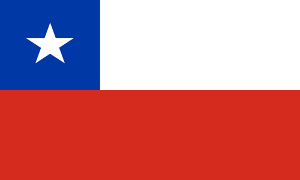
Despite the fact that that World Health Organization (WHO) has claimed that “there is ‘no evidence’ that people who contract coronavirus are immune from being infected again,” the Chilean government has decided to distribute certificates to those who have recovered from COVID-19. Chilean Deputy Health Minister Paula Daza stated that “the documents would be given to people to allow them to return to work.” However, WHO has argued that these “immunity certificates” could do more harm than good, as recipients are most likely going to ignore public health guidelines.

Over 700 Iranians have died after using methanol to cure the coronavirus. There were only 66 deaths from alcohol poisoning last year, but from February 20th to April 7th in 2020, more than 720 Iranians have fallen victim to alcohol poisoning. Those who have ingested methanol but have not died have lost eyesight and are experiencing severe eye damage.
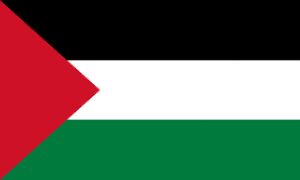
On Thursday, chief prosecutor of the International Criminal Court (ICC), Fatou Bensouda, “reiterated her position that Palestine is a state for the purposes of transferring criminal jurisdiction over its territory to The Hague.” Her statement further clarified that the ICC has jurisdiction to investigate ongoing war crimes in the West Bank, the Gaza Strip, and East Jerusalem. Israel has denounced this decision, claiming that Bensouda has disregarded “the opinions of many of the world’s leading experts on international law points” so she can “harm the state of Israel and tarnish its name.”

Several states have decided to slowly open businesses, but recent data from the Institute for Health Metrics and Evaluation (IHME) shows that the coronavirus could cause more than 70,000 deaths, which is “an increase of over 6,000 deaths from its latest forecast.” COVID-19 could claim more than 74,000 lives in the first wave alone, and this new data estimates that the highest projection is now greater than 130,000 deaths.

Nicaragua is one of a few countries that has continued to allow sporting events to take place. This past Saturday, 16 boxers competed in matches because they “have to eat, they can’t stay shut up in their house,” according to Rosendo Álvarez, a former world champion. Nicaragua has only reported 11 cases of the virus and three deaths. Before competing, the boxers underwent checkups but were not tested for COVID-19.

As the government slowly eases lockdown measures, multiple protests have taken place throughout the country. On Saturday, protesters “lobbed an explosive device at a bank.” On Monday, demonstrators blocked a major highway north of Beirut with burning tires after they were “forcibly removed” by Lebanese troops. The army has stated that “it respects the people’s right to protest as long as the protesters don’t close roads or attack public and private property.”
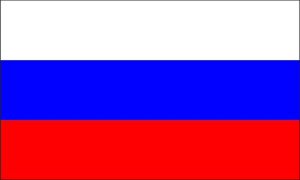
Nurses in Moscow have “quit en masse” because of the “poor working conditions and low wages.” Health care professionals in Moscow have limited access to “clean protective gear [and] food and adequate accommodations.” Russia has over 87,000 confirmed covid cases and half of those are in Moscow.

On Monday, officials announced that there are no more hospitalized COVID-19 patients in Wuhan. More than 80% of coronavirus deaths in China occurred in Wuhan.

Zimbabwe’s opposition forces are facing new challenges after last month’s Supreme Court ruling that Nelson Chamisa’s leadership over the Movement for Democratic Change was illegitimate. COVID-19 restrictions have prevented the party from having any large gatherings. However, Chamisa has remained silent since the decision, leaving the party in disarray over who their leader should be.

Despite the fact that Myanmar is currently under investigation by the International Court of Justice for the Rohingya Muslim Genocide, the military has continued to openly discriminate against minorities, and it has been accused of “carrying out ‘war crimes’” against said groups. The government has been abusing power since COVID-19 surged throughout the country and is once again committing “crimes against humanity,” according to the United Nations’ reporter on human rights in Myanmar.
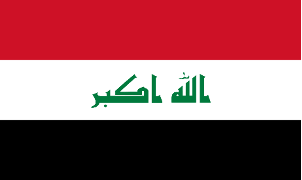
Iraq’s medical infrastructure is heavily unprepared for the coronavirus; there are “only 0.8 doctors and 1.4 beds per thousand people.” The country has also been ruled by a transition government since December and has yet to form a new, more stable government structure.

As the food shortages worsen during the COVID-19 outbreak, the government has “set new price controls for more than two dozen products.” Civil unrest has led to protests and riots throughout the nation, especially in the countryside. So far, more than 500 protests have taken place in the past month; some have resulted in “looting and violence.”